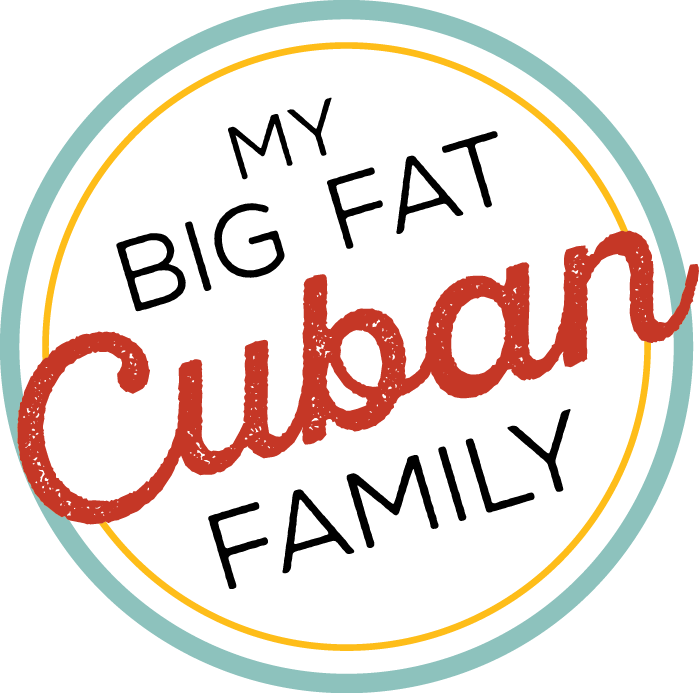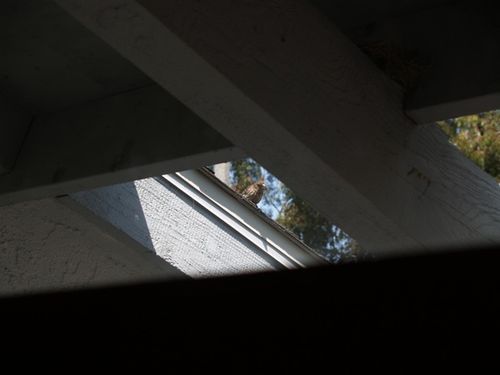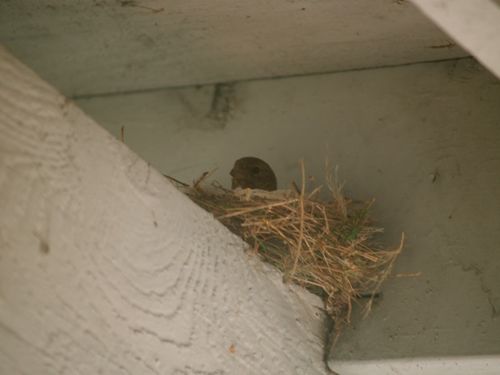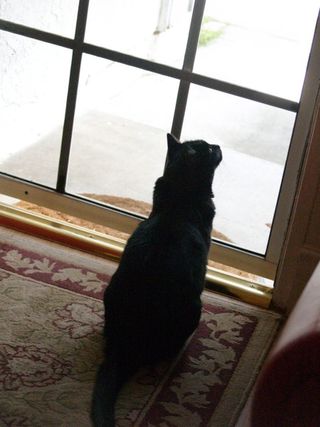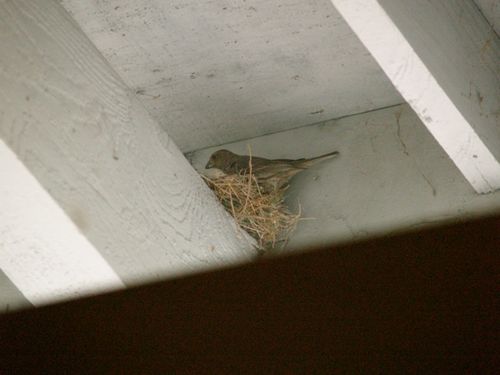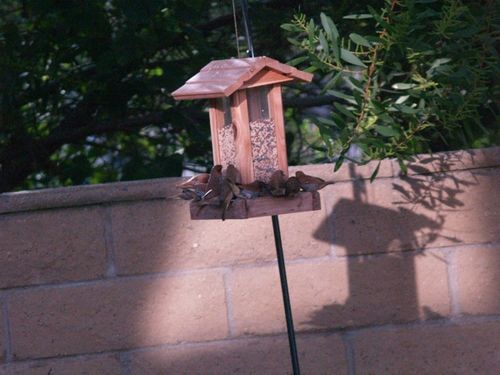Nature and Nurture
/I homeschool my kids.
Lucy is now 16 and a junior in high school. Jonathan just turned 14 and is in 8th grade.
We've been at this wonderful, terrifying, exasperating, delicious experiment for the past 8 years and in retrospect, I don't, for even a moment, regret our decision to take on this mighty task.
Lucy was in the 3rd grade in our local (highly rated) public school.
Jonathan was in Kindergarten.
Jon, my easy-as-pie, roll-with-the-punches kid, HATED Kindergarten. I wondered how that could be possible. Isn't Kindergarten supposed to be a beautiful world of finger-painting and growing bean sprouts and art and taking care of the class mascot rat and playing chase with your friends?
So I started volunteering in Jonathan's Kindergarten class one day a week. And I found that there was a big academic push in Kindergarten. To learn to read and do math and PRODUCE RESULTS. (I started to hate going to Kindergarten myself.)
Lucy had already tested in the gifted category. I think that just meant that she could already read well and understand what she was reading. She was a pretty articulate child. But what did "gifted" mean?
In this particular (did I mention it was highly rated?) public school, it meant they gave her individual busy work and sat the class behavior-problem next to my sweet and quiet girl. The expectation being that she would get her work done and be a calming influence on the resident classroom devil-child.
Needless to say, Lucy started to dread going to school.
What was happening here? Kindergarten through 6th was supposed to be the most fun time of anyone's life! Not so in our little world. I had homeschooled Amy and Adam for a couple of their elementary years, so I knew I could certainly homeschool these two. But did I want to?
Towards the end of that particular year, we made the decision to bring them home and commence their education here. Childhood goes by so fast. Did we really want them to suffer through it? As you can guess, the answer was a resounding 'NO!'
I researched all of our options and read everything I could find on the subject of homeschooling. We didn't make the decision quickly or flippantly. And yet, when we brought our kids home, we got nothing but grief from friends and family.
Somehow, they figured we were depriving our kids of a major social experience. They would ask the ridiculous, "What about socialization?" question.
"Socialization" is not, as most people believe, providing our kids with a social life. It's giving them the skills that will help them function in most areas of life and with all kinds of different people. We realized early on that a classroom full of peers was not the place we wanted for them to be learning how to behave.
So we brought them home. And we RELAXED.
We did not try to recreate a classroom situation at home.
We read lots of books and did art projects and talked about lots of things. We (Eric and I) didn't really teach, so much as facilitate. We didn't try to pour information into their heads for them to regurgitate on a test. We taught them to love to discover and learn. This was the great success of this social experiment.
Jonathan and Lucy. May 2009. Federal Hall, Wall Street, New York.
Last year, we had this mini-drama play out just outside our front door. (It applies, I promise.)
Just outside our front door, under our eaves, we noticed a pair of birds building a nest. We were privileged to be a part of the process from when they first started to scope out the location...
To when they actually built the nest. The mom was committed and would spend hours covering those fragile eggs.
The dad would go get food and pace nervously near the nest to ensure there were no predators nearby.
One morning, like magic, we heard a new sound from the eaves. The babies had hatched and were making feed us! noises.
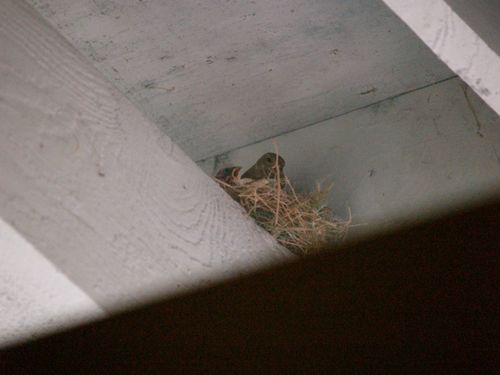
We were delighted to watch the drama unfold. (As were other members of our family.) =D
We began looking forward to the times of the day when we would hear the noisy kids demanding to be fed, the parents dutifully providing for them, and then they would go quiet for a while. It was a fascinating process.
Weeks of this went by and then one day we noticed that the mom had booted one of the babies from the nest. They were getting big and strong. And were crowding themselves out.
She no longer had to feed them. They could survive on their own. They had outgrown the nest and were standing on the edge, ready for flight.
And so it was. They flew away. We felt a kind of joyful sorrow. "Good for you!" we thought. "We knew you could do it on your own."
So we provided a feeder in the garden.
And they kept coming back. With friends.
It seems that the early protection and nurture had served them well to socialize with the rest of the birds in the "real" world.
We're finding that the same has been true for our kids. I don't fret as much anymore about whether Our Great Homeschooling Experiment has worked. I know it did.
They have grown into lovely people, with good morals and standards. They love to learn and are interested in many things. They are smart. Book-smart and socially-smart. They're curious and are constantly learning. And they can look you straight in the eye when having a conversation.
When I see them interact with others (which is often - they have lots of friends), I see confident, self-possessed people. ("What about socialization?)
Let's see the (highly rated!) public school system duplicate those results.
